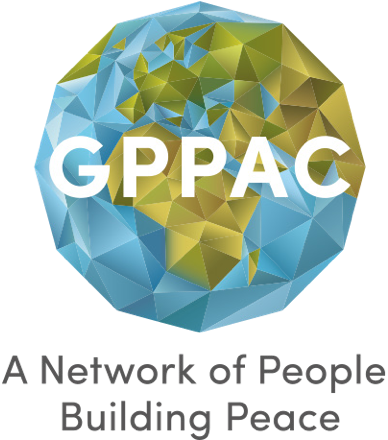

Through our joint project, CECORE helps young people to change their communities. Now, many young people in Karamoja, Northern Uganda, are moving away from violence and are developing the skills to provide for their families. As young leaders, they speak out against destructive ways and embrace dialogue for peace. And with much success: the young peace champions reconcile conflicting parties, support fellow youth and speak out against violence and practices like forced marriage. Watch this video to see changes that are happening!
Have you heard our podcasts yet?
Tune in and listen to Patrick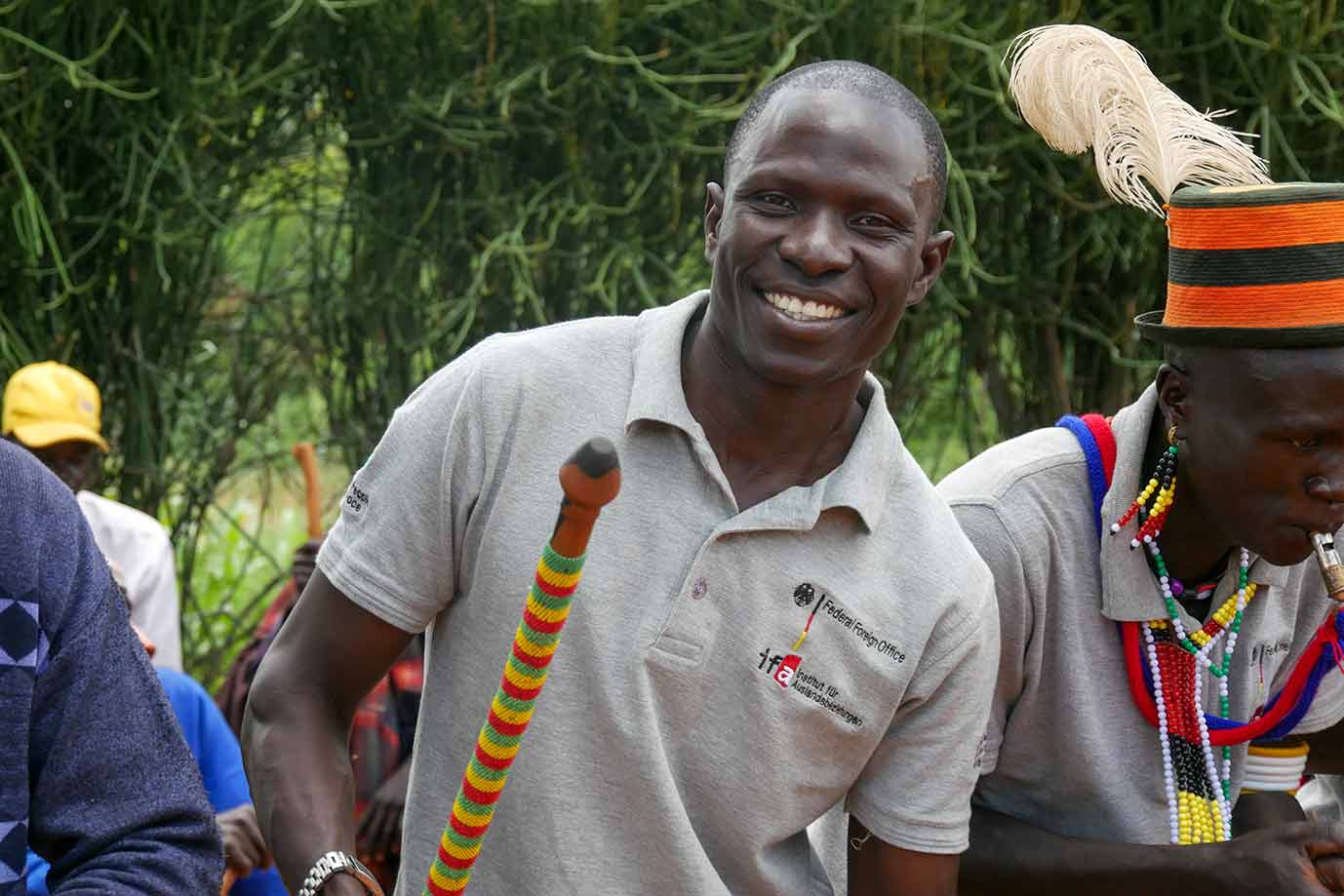
Patrick Bwire of the Center of Conflict Resolution (CECORE) in Uganda.
Growing up in Kyrgyzstan, a country that is characterised by a pervasive potential for conflict, they felt excluded from society, as well as fatigue from traditional peacebuilding activities. They participated in our project ‘Cameras in Hands,’ specifically designed to tackle these issues and provide a platform for them to raise issues important to them. Through this project, in which they scripted, recorded and edited videos and showed them to their communities and policymakers, they became agents of change, and were able to bridge social, gender, and ethnic divides.
Learn more about the project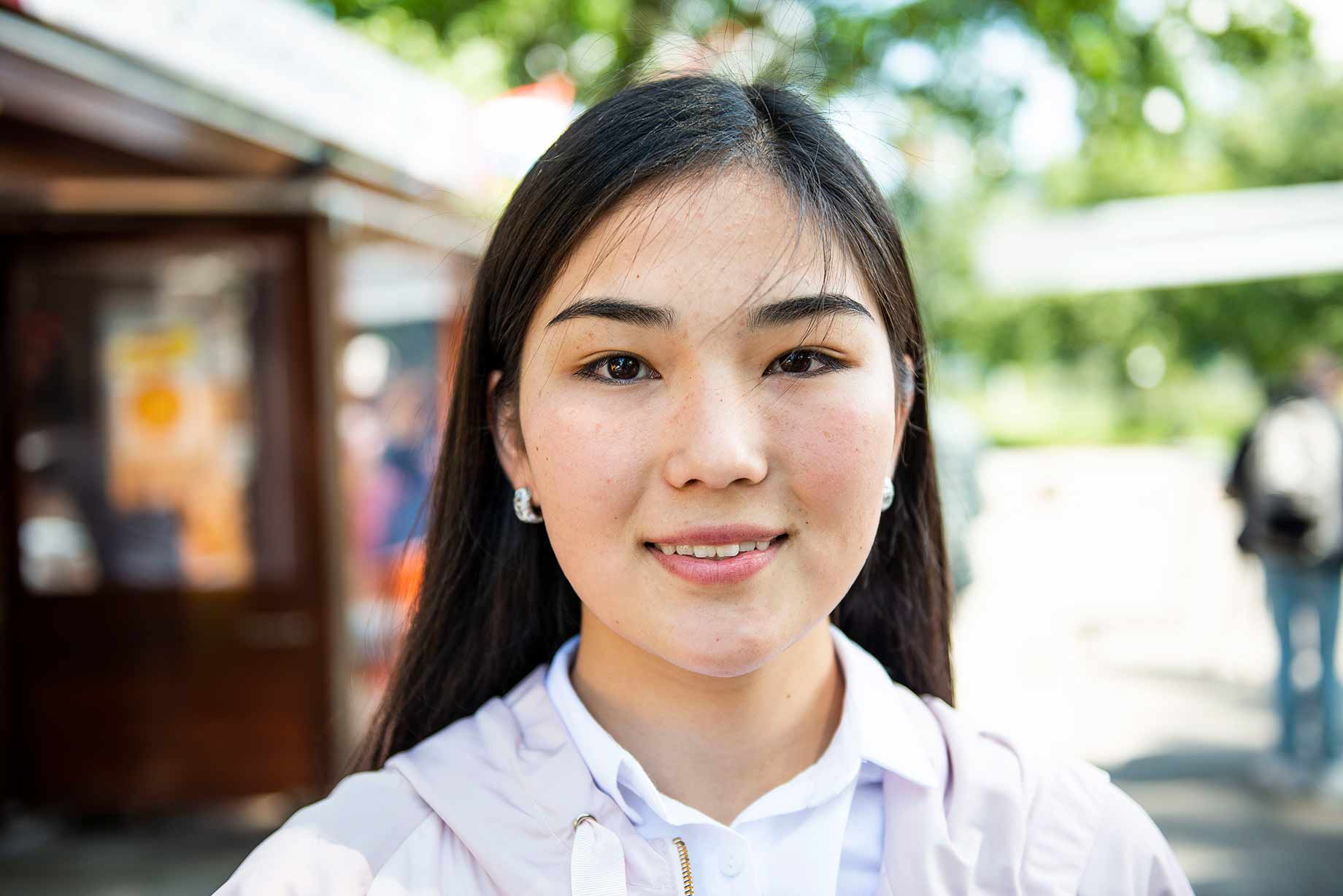
Guliza, project participant.
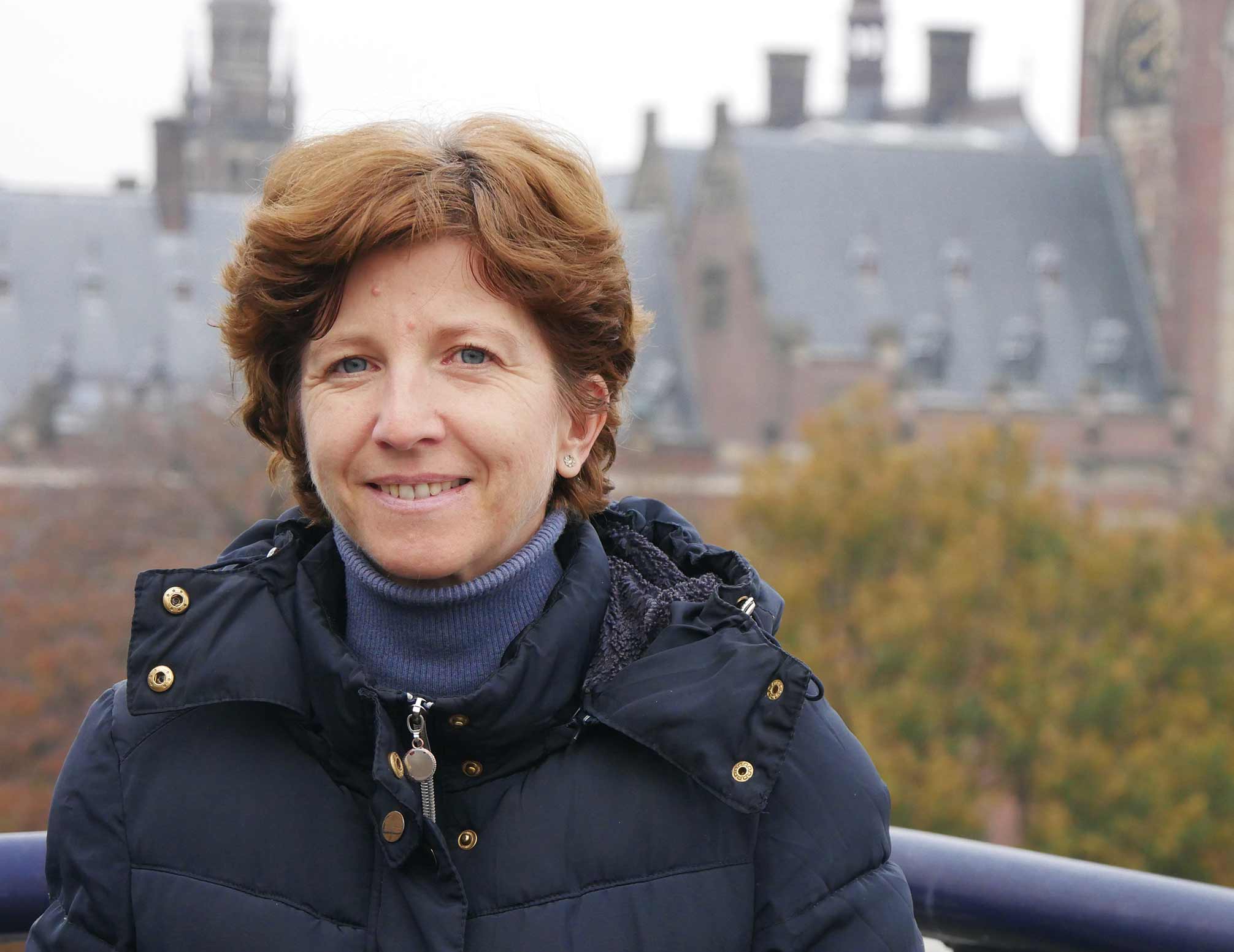
The story of Dragana and the work she does shows the importance of education, especially in fragile contexts. It can help youth deal with the trauma of war, manage and address conflicts and engage in dialogue for better understanding of "the other".
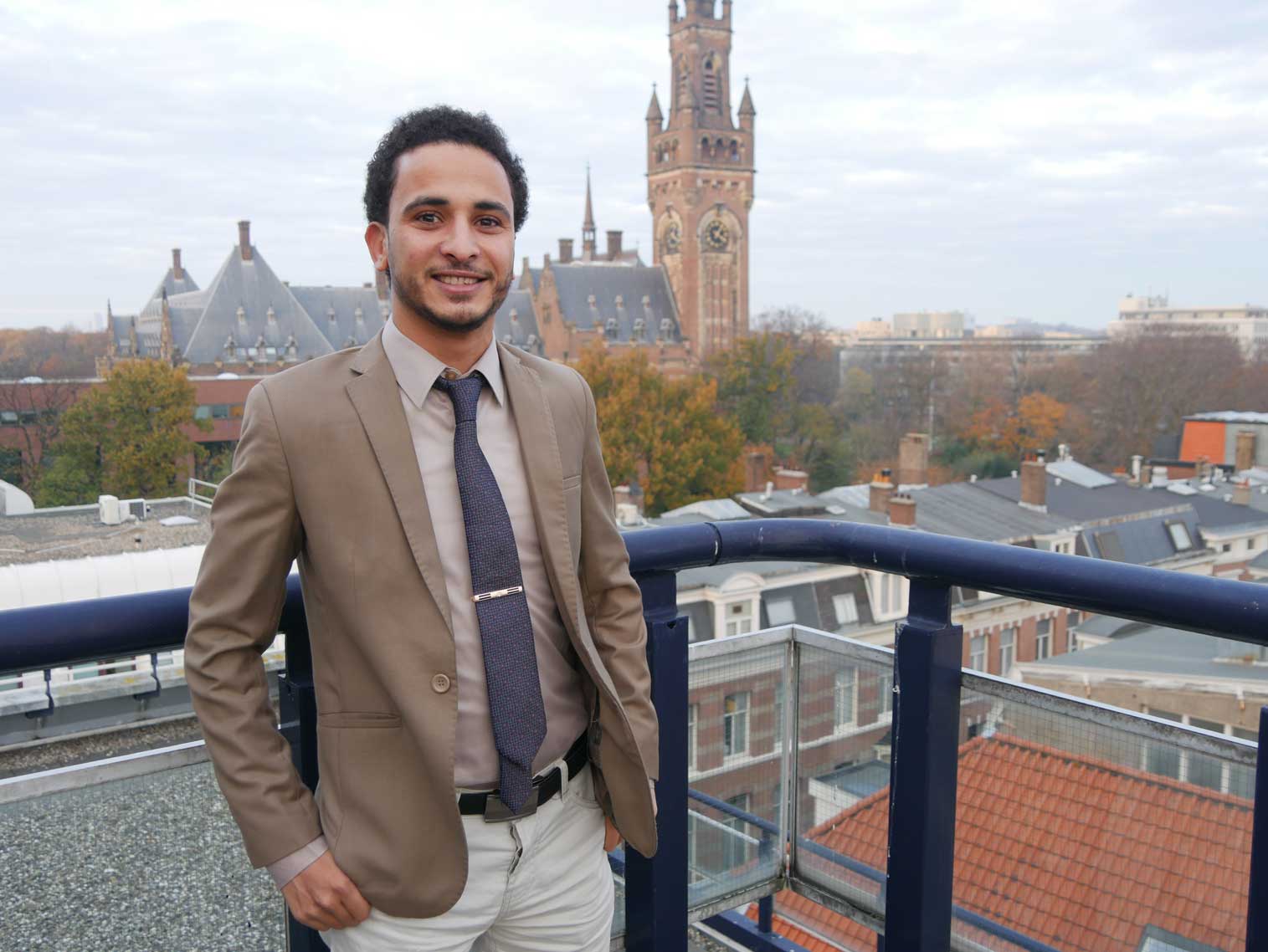
Want to know more about how peacebuilders use peace education for conflict prevention locally? Check out our
peace education webinar series!
Women drive conflict prevention on the ground. Every day, women build sustainable peace in their communities as educators, community mediators and advocates. Their inclusion in peacebuilding processes is, therefore, a prerequisite for long-term success. However, women and especially young women, remain excluded from peace processes. We unite in our shared commitment to redesign the table and shift the power to women peacebuilders preventing conflict at the local and regional level.
Learn more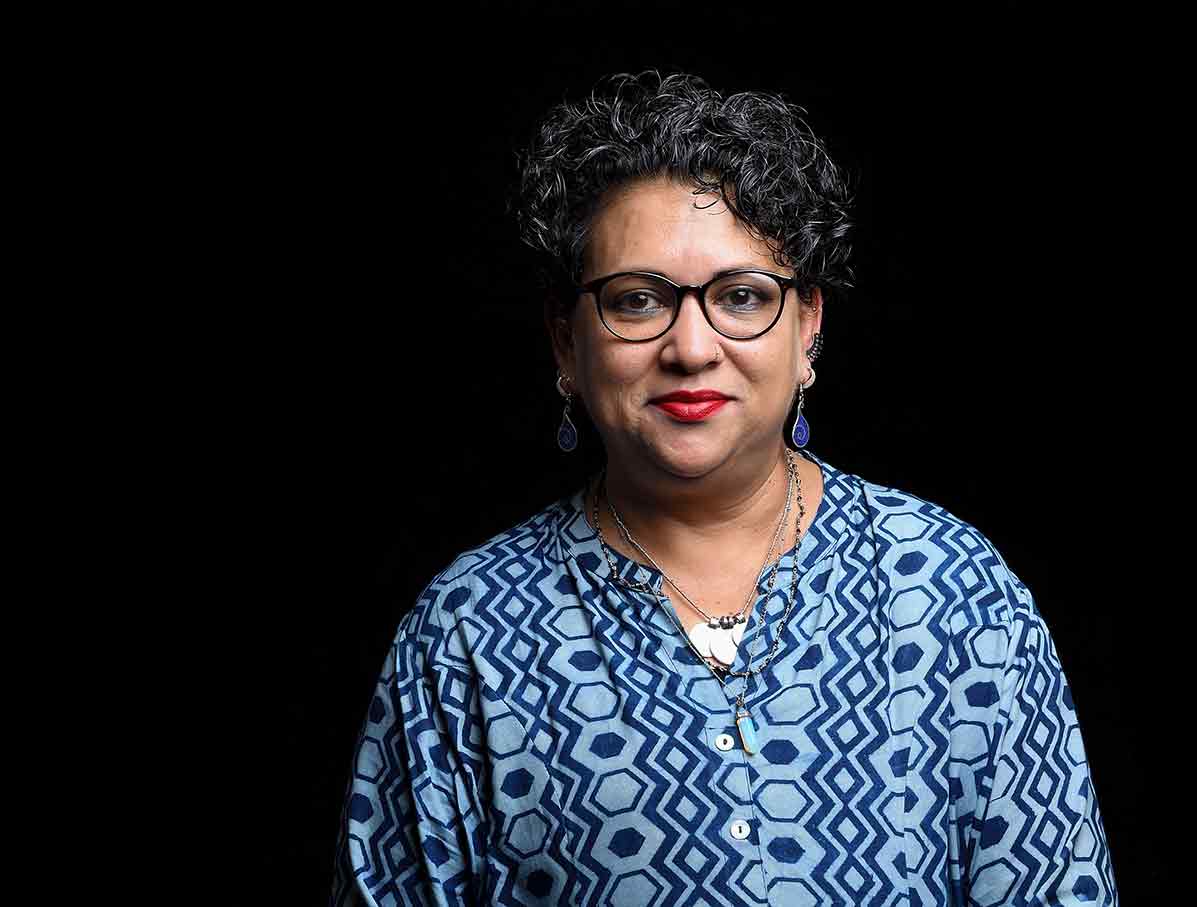
Sharon Bhagwan Rolls, Chair GPPAC Board
For peacebuilders like Visaka Dharmadasa (Sri Lanka), Justine Kwachu Ngum Kumche (Cameroon) and Khaled Emam (Egypt), the Sustainable Development Goals (SDGs) are an important tool. Implementing the SDGs is critical to strengthen conflict prevention, as an integral element of inclusive and sustainable development.
Taking the SDG framework and adjusting the goals, indicators and means of implementation to local contexts is important to us. This is key to making the SDGs successful. Our members, WAA Cameroon and WANEP Ghana conducted civil society reviews of how to localise and implement SDG 16 on peaceful and inclusive societies through a people-centered approach, highlighting the benefits of using this framework. From these reviews the importance of meaningful inclusion of women and youth came out as one of the key recommendations.
Check out the implementation of SDG 16+ in Cameroon and Ghana.
SDG toolkitTune in and listen to this interesting podcast episode on the SDGs!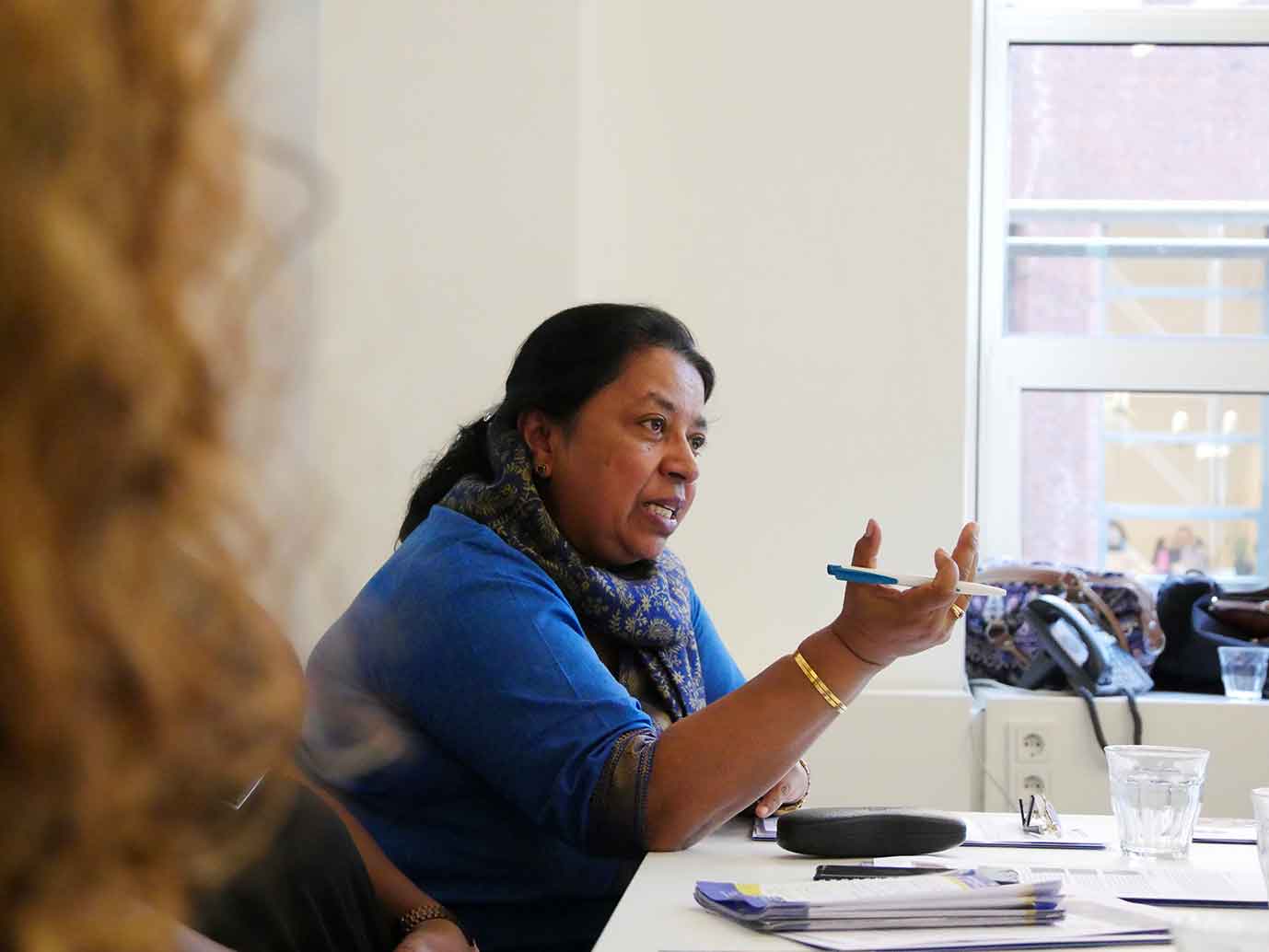
Visaka Dharmadasa, GPPAC member and Gender Focal Point in South Asia.
All across the world, our members are working to prevent violent conflicts and build peaceful societies. Like in the DRC, where after many years of violent conflict, there are still frequent eruptions of violence. A reemerging conflict practice is kidnapping. The trend of carrying out kidnapping for ransom as a means of generating income has been on the rise in the DRC, particularly in the eastern provinces of North and South Kivu.
Our member, Héritiers de la Justice in DRC, is working on this issue. They provided communities with a toll-free number to call where they learned more about the issue, shared information and alerted authorities. This led to the arrest of several outlaws responsible for looting and hostage-taking, in the territory of Uvira in the DRC. Héritiers de la Justice made sure to continuously involve youth and women in the approach to the problem, as it is key to include all members of society.
The work of Héritiers de la Justice was made possible thanks to the funds from our Prevention Up Front Alliance project.

In Palestine, a place where there have been many years of conflict, peace can seem unattainable. Yet, there are those who have been working tirelessly to make a change for many years. Amongst those people is Lucy. As the founder and Executive Chair of Middle East Nonviolence and Democracy (MEND), Lucy has been working in Palestine’s West Bank for over two decades. As we were filled with questions, we travelled down the road to Jerusalem paid her a visit.

Lucy Nusseibeh, Director of Middle East Nonviolence and Democracy (MEND).